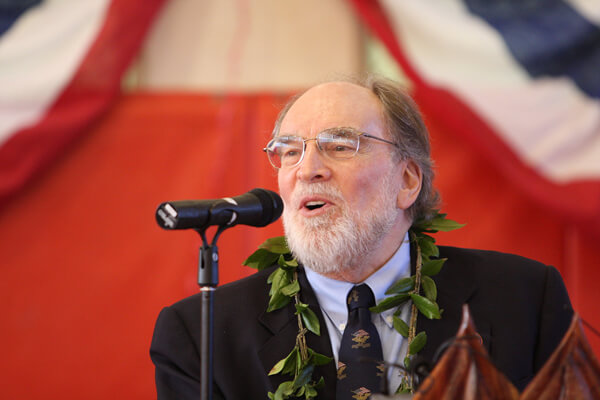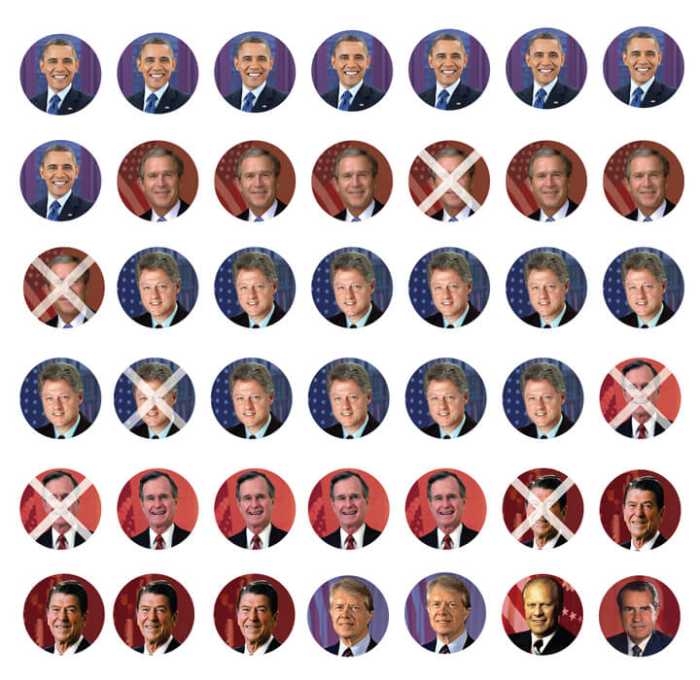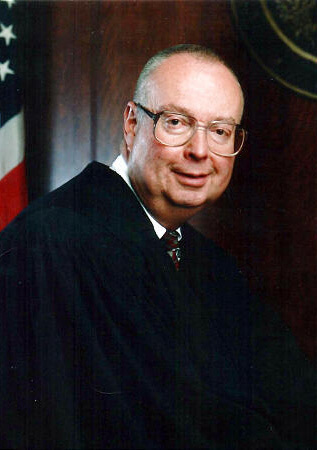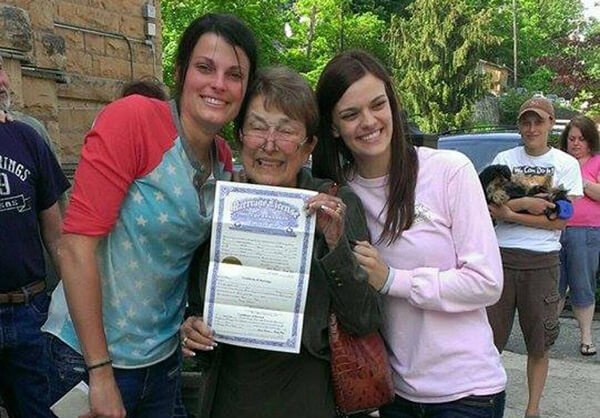Hawaii Governor Neil Abercrombie, who called the special legislative session that will end next week with the enactment of marriage equality.
The Hawaii House of Representatives, in a 30-19 vote on November 8, approved a marriage equality bill, similar to the one adopted earlier by the State Senate.
The bill, amended to incorporate additional religious exemption language not in the Senate version, will go back to the Senate on November 12 for final passage.
Democratic Governor Neil Abercrombie, who called the Legislature back into special session late in October solely for the purpose of acting on the bill, has pledged to sign it and earlier said he could support the strengthened exemption language.
State Senate, which voted overwhelmingly in favor of the bill on October 30, must now add religious exemptions
While hailing the House action, a statement from Hawaii United for Marriage, a coalition of groups advocating for the bill, warned supporters their work was not yet done.
“But we haven’t won yet,” the statement read. “The bill passed in the House today is slightly different than the bill that passed with overwhelming support in the Senate last week –– which means it’s up to the Senate to pass the House bill and make marriage equality law of the land in Hawaii.”
The Senate vote on the marriage bill, however, was wildly lopsided –– 20-4 –– so Hawaii is undoubtedly set to become the 16th state to offer same-sex couples the right to marry, the victory there coming right on the heels of the November 5 win in Illinois.
When adopted, the legislation will allow couples to begin to marry on December 2.
In the House, one Republican joined 29 Democrats in supporting the bill, while 13 Democrats voted no along with the other six Republicans. Two Democrats did not vote.
Victory has particular resonance in Hawaii since it was there in the early 1990s that marriage equality first began to advance in serious fashion, with the assistance of Evan Wolfson, who now leads the nationwide group Freedom to Marry and was then an attorney at Lambda Legal. When the state courts indicated that same-sex couples likely had a right to marry under the Hawaii Constitution, voters adopted an amendment giving the Legislature exclusive authority over who could legally marry there. The Legislature proceeded to bar gay marriage, though in 2011 the state enacted a civil union law.
The progress of marriage equality in the Hawaii courts, however, woke up right-wing opponents of the gay community nationwide and led to the adoption of the federal Defense of Marriage Act in 1996. The Supreme Court’s action earlier this year in striking down that law’s ban on federal recognition of legal same-sex marriages provided a potent argument for why civil unions were not delivering equality to gay and lesbian couples in Hawaii.
The special legislative session called by Abercrombie drew large crowds to the Capitol –– both in favor and opposed to the bill. Five thousand people signed up to offer very brief testimony in House hearings, though the number of those patient enough to wait their turn proved smaller in the end. The testimony, the bulk of it in opposition, was often very emotional, though it also demonstrated a striking respectfulness and a remarkable compliance with the time limit allowed.
The combined population of the 16 marriage equality states and the District of Columbia, which also allows same-sex couples to marry, represent nearly 38 percent of the nation’s total.






































